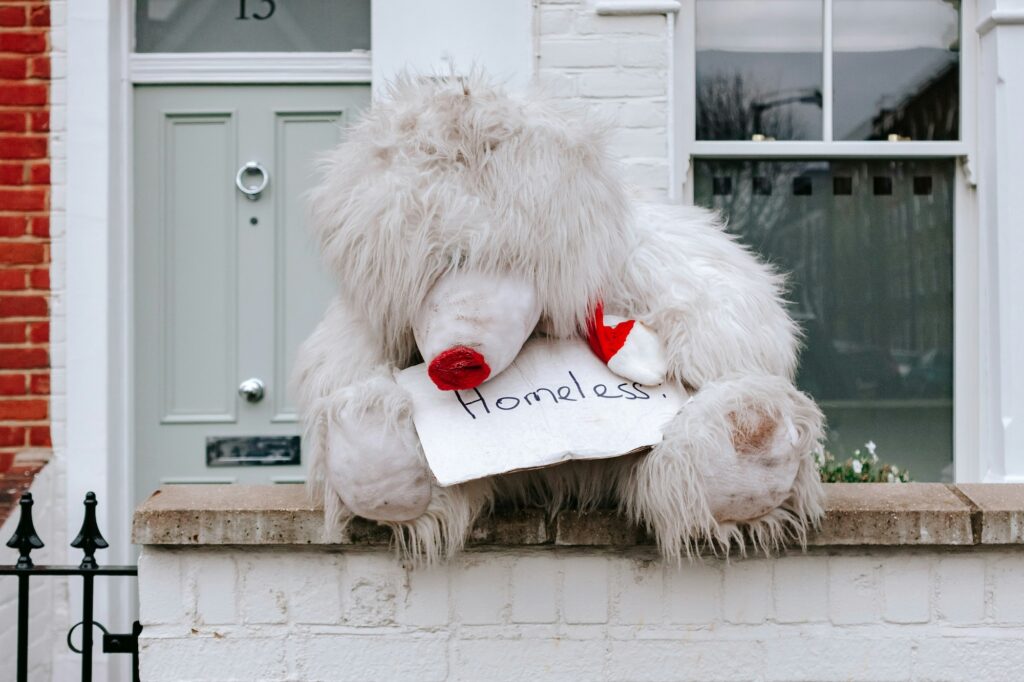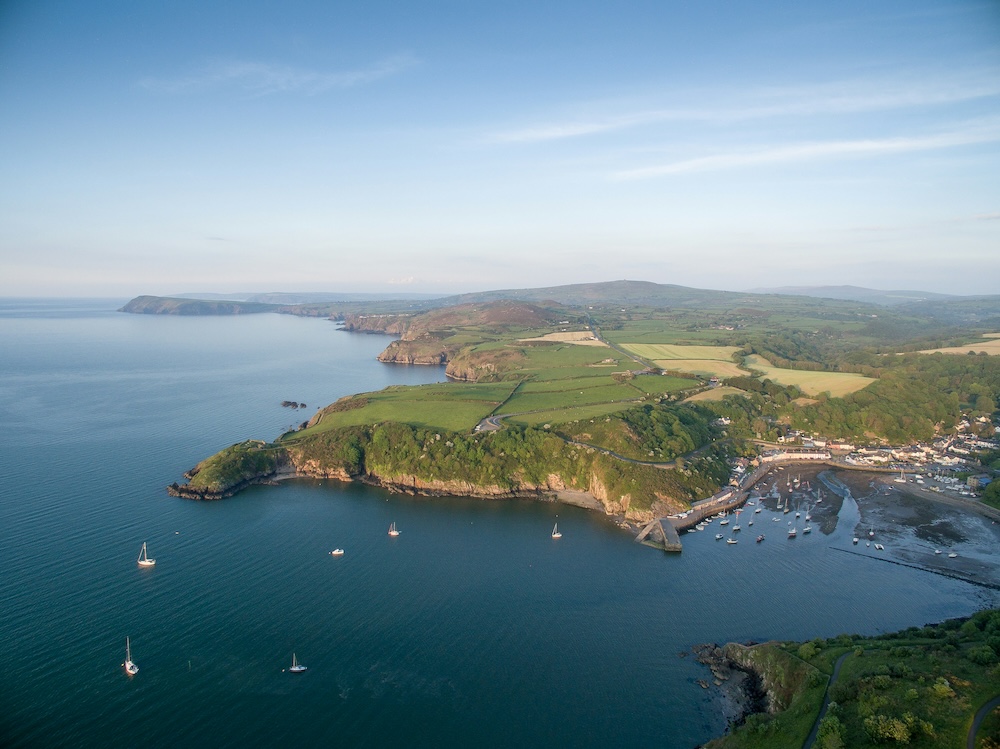Dylan Moore introduces the latest issue of the welsh agenda magazine
By accident or by design, magazines will sometimes have a theme, and other times they won’t. By definition, it’s a flexible form. At the welsh agenda we will occasionally decide on a strand or two that will run through much of the content. In issue 61, it was the NHS, to honour the seventieth anniversary of the service. This time around, we didn’t determine an overarching theme before commissioning, and so patterns are more difficult to discern. They are there, though, if you look and think hard enough.
These might seem heterogeneous highlights: Lleucu Siencyn’s interview with writer Eric Ngalle Charles; the Evening Standard Royal Correspondent Robert Jobson’s assessment of the relationship between Wales and Prince Charles; M Wynn Thomas’ enthusiastic appraisal of the contribution to Welsh life of centenarian novelist Emyr Humphreys; Rhian E. Jones’ ruminations on the link between devolution and the cultural phenomenon that was labelled ‘Cool Cymru’; Shazia Awan-Scully’s interview with now former First Minister Carwyn Jones.
But running through all of these pieces, and others in the magazine, is a kind of measurement of Wales across space and time. Whether stretching across the century of life lived by Emyr Humphreys or the twenty years since the opening of the National Assembly, the fifty since the investiture of Prince Charles or the not-quite-ten of Carwyn Jones’ premiership, by comparing a Wales of now to a Wales of the past, we come closer to understanding. Similarly, platforming the vantage points of ‘outsiders’ to Welsh culture, particularly those who have gone on to become ‘insiders’ is a useful exercise in gaining, and benefitting from, new perspectives that might unlock age-old challenges we’ve been looking at for too long in age-old ways.
For Eric Ngalle Charles, Wales has been a place of reconciliation. Arriving as an asylum seeker, Charles remembers arriving stripped of identity: ‘I had no name, no face, no age, and no nationality.’ Wales has allowed him to rediscover and reinvent these fundamental aspects of himself as well as to flourish as a poet, playwright and workshop tutor. After being trafficked out of Cameroon and barely surviving for years in the criminal underworld of Russia, Charles is now a successful writer working to create a platform for other voices silenced by persecution and marginalisation. ‘I might be an example,’ he tells Literature Wales’ Lleucu Siencyn in the interview, ‘but I shouldn’t be the only one.’
Charles may be the welsh agenda cover star this time around, but an equally tough and heroic story makes the final page of the magazine. Ilhan Sis has entered the fourth month of an indefinite hunger strike at the Kurdish Community Centre in Newport, part of an international campaign in protest at the solitary confinement of Abdullah Ocalan in a Turkish jail. It is interesting to note that like Eric Ngalle Charles, Ilhan Sis arrived in Wales as an asylum seeker; like Charles, he draws parallels between the history and landscape of his homeland with those of his adopted country.
Being bookended by the urgency of these international stories does not cast domestic issues into paler perspective. Indeed, the stories of Eric and Ilhan should sharpen our resolve. Wales faces uphill struggles on issues as important and diverse as language (Simon Brooks outlines the difference between the challenges facing real Welsh-speaking communities and those of identity politics ‘rights’-holders); education (Halima Begum writes about the urgent need to take curriculum reform beyond classrooms); equality (Cerys Furlong argues that both culture and processes need to change to level the playing field for women in politics); and business (Marc Thomas shines light on some of Wales’ efforts to innovate).
In a special series of articles on the food we eat, Katie Palmer brings many of these ‘key arenas’ together: ‘education and employment, health, the environment, housing, transport, planning, social security, manufacture and trade’. She argues that ‘food… cannot be considered in isolation… [p]olicies need to be aligned to influence how we produce and consume food in Wales… to ensure all citizens have access to sustainable and healthy diets.’ Of course, if this is true of something as fundamental as the food we eat, it’s true of all aspects of our lives, and this is why the welsh agenda, and the IWA in general – as an independent think tank – is so important, allowing as it does a non-partisan space for ideas to collide and solutions to be forged.
You might not agree with much in the welsh agenda. You may very well not agree with Robert Jobson’s assessment of Prince Charles having an ‘affinity’ with Wales, or with Carwyn Jones’ view of his own legacy as First Minister, or with Gareth Leaman’s review of Adam Price’s new book that casts the Plaid Cymru leader as a successor to Jones and Rhodri Morgan: ‘a great communicator who has talked the talk, but without saying or doing anything of substance.’ But it is so important that we provide a place for debate, for criticism, for challenge. I’m sure both Eric and Ilhan would attest to that.
And if you are outraged, offended (or indeed very pleased) with any of the content of issue 62 of the welsh agenda, maybe you will be a contributor to issue 63. Get in touch.





